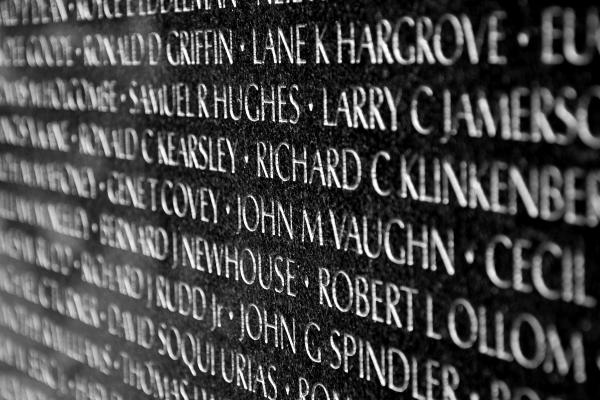THIS YEAR MARKS multiple 50th anniversaries of the U.S. escalation of the war in Vietnam and the beginning of major anti-war protests. To mark the anniversary of the war, the Pentagon is sponsoring an official, multimillion dollar Vietnam War Commemoration to “thank and honor veterans.” This program has been criticized as a Vietnam whitewash and an attempt to rewrite history. The Pentagon commission will sponsor more than 1,000 events around the country that will have the effect of honoring the military and obscuring, behind a façade of false patriotism, the painful truths of the Vietnam War.
The Pentagon’s commemorations are missing any consideration of critical unlearned lessons, such as: 1) the Vietnam War was unjust and never should have been fought, 2) wars of military intervention have failed and should be avoided, 3) militarism and war have corrupted U.S. political decision-making, and 4) diplomacy, development, and peacebuilding strategies are preferable and more effective means of resolving international conflict.
Read the Full Article

